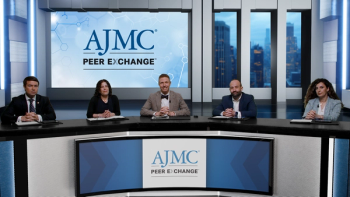
Panelists explain that KMT2A-rearranged acute myeloid leukemia (AML) is an aggressive, molecularly distinct leukemia subtype marked by menin-dependent transcriptional dysregulation, poor response to standard therapy, diagnostic challenges, and high relapse risk—underscoring the urgency of RNA-based diagnostics, early transplant consideration, and emerging menin-targeted treatments to improve outcomes.



